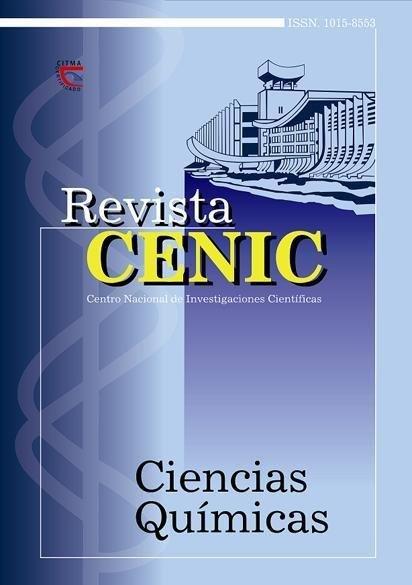Residuos orgánicos de origen urbano e industrial que se incorporan al suelo como alternativa económica en la agricultura
Abstract
The world populations increase, and in consequence the explosive industrial and urban development, has generated a high volume of products considered residuals. These materials should eliminate the ecosystems to avoid that their presence becomes a degrading factor of the quality of the environmental and polluting materials. On the other hand, the enormous necessities of production of food have taken an intensive use of the earth; being caused an exhaustion of the soil due to the exploitation, of big quantities of nutritious elements. A progressive disappearance of the organic fraction of the soil also takes place. This problem and the knowledge about the enormous quantities of waste, made that the agricultural use of this waste would lead to a solution alternative, where the cycling of nutrients assures bigger efficiencies of operation of the system. But it is convenient to delimit that, the arrival at the soil of fresh materials or with a grade of transformation incomplete should be done with certain reservation, by virtue of possible detrimental effects, derivative of the presence, in these materials, of compound or toxic elements or pollutants. A novel valorization of the organic fraction of the residuals solid urban is treated anaerobically. The organic residuals of industrial urban origin seek to incorporate to the soil like an economic alternative in the agriculture like organic manure or substrate.

Downloads
Published
How to Cite
Issue
Section
License
Copyright (c) 2005 Copyright (c) 2005 Revista CENIC Ciencias Químicas

This work is licensed under a Creative Commons Attribution-NonCommercial-ShareAlike 4.0 International License.
Los autores que publican en esta revista están de acuerdo con los siguientes términos:
Los autores conservan los derechos de autor y garantizan a la revista el derecho de ser la primera publicación del trabajo al igual que licenciado bajo una Creative Commons Atribución-NoComercial-CompartirIgual 4.0 que permite a otros compartir el trabajo con un reconocimiento de la autoría del trabajo y la publicación inicial en esta revista.
Los autores pueden establecer por separado acuerdos adicionales para la distribución no exclusiva de la versión de la obra publicada en la revista (por ejemplo, situarlo en un repositorio institucional o publicarlo en un libro), con un reconocimiento de su publicación inicial en esta revista.
Se permite y se anima a los autores a difundir sus trabajos electrónicamente (por ejemplo, en repositorios institucionales o en su propio sitio web) antes y durante el proceso de envío, ya que puede dar lugar a intercambios productivos, así como a una citación más temprana y mayor de los trabajos publicados (Véase The Effect of Open Access) (en inglés).













